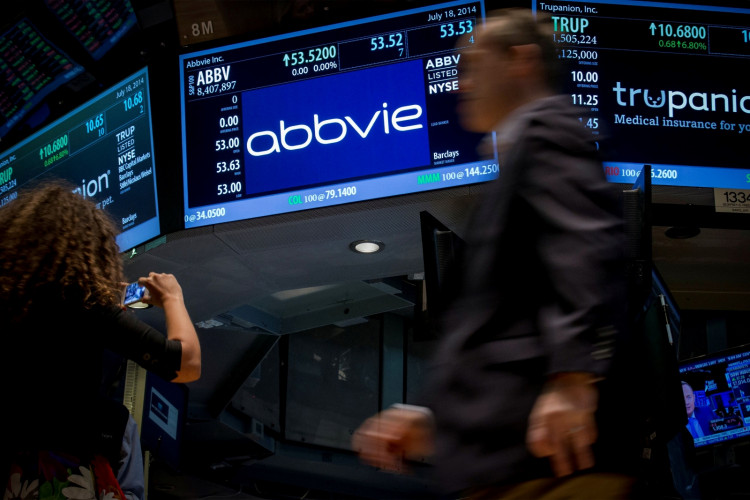Early in the Asia-Pacific session on Thursday, July 20, the Nasdaq 100 index futures fell about 0.7%, while the S&P 500 index futures dipped 0.3%.
On Wednesday, after the U.S. stock market closed, Tesla and Netflix both announced their Q2 performance.
Tesla's robust Q2 earnings caught the market off guard. Compared to Q1, which suffered greatly from price cuts, Q2 saw a drastic rebound with both revenue and profits seeing a significant double-digit increase. However, the profit margin took an unexpected hit due to the continuing impact of price reductions, dropping below 20%.
During the earnings call, Tesla's CEO, Elon Musk, implied that it made sense to sacrifice vehicle profit margins in favor of increased production. He suggested that if the economic environment deteriorated, Tesla might consider reducing prices further.
Musk expressed high confidence in Tesla's long-term value, foreseeing that the company's worth could reach five to ten times its current size. Like Warren Buffet's value investing strategy, he advised holding onto Tesla shares for their long-term investment potential and recommended buying during market panic. Tesla's stock price fell by over 4% after Musk's comments.
Netflix shares plummeted 9% in after-hours trading due to Q2 revenue and Q3 earnings guidance falling short of market expectations. Despite this drop, the company's stock price has risen by 62% this year.
Netflix's Q2 revenue stood at $8.19 billion, falling short of the expected $8.3 billion. Although Q3 revenue is forecasted to rise sharply by 7.5% year-on-year to $8.52 billion, currency fluctuations and subscription fee reductions in some regions weigh down this guidance, which is still lower than the market expectation of $8.67 billion. Netflix's crackdown on password sharing and advertisement-supported subscription services began to pay off, as the Q2 quarter-over-quarter increase in net paid subscribers reached 5.89 million, a level significantly higher than Q1 and far exceeding market expectations of 2.07 million. It also marked the best Q2 user growth rate since the start of the pandemic. Furthermore, a few hours before the earnings release, Netflix announced the cancellation of its lowest $9.99/month ad-free subscription plan.
Nvidia continued its in-session downtrend, falling more than 1% after hours. AI stock C3.AI also fell about 2.5% after hours. Apple saw a slight downturn, slipping 0.6%.
Despite the post-earnings slump of both Netflix and Tesla, the start of the U.S. Q2 earnings season has generally been positive. According to FactSet, 78% of S&P 500 companies have reported earnings exceeding expectations, along with overall strong banking earnings, supporting optimistic investor forecasts for a soft economic landing.
As of Wednesday's close, both the S&P and Nasdaq had risen for the seventh day in eight trading days, hitting their highest levels since April 4 of last year. The Dow Jones continued its eight-day rally, marking the longest winning streak since September 2019 and the highest level since April 20 last year. Russell's small-cap stocks rose for the eighth day in nine, hitting a more than five-month high since February 3.
Senior researcher Tom De Luca at Vanguard Group stated:
Investors have loudly and clearly expressed their expectation that the current U.S. stock market rebound will persist. At present, short-term optimism is higher than levels seen since December 2021, which was before the start of the 2022 U.S. stock bear market.






